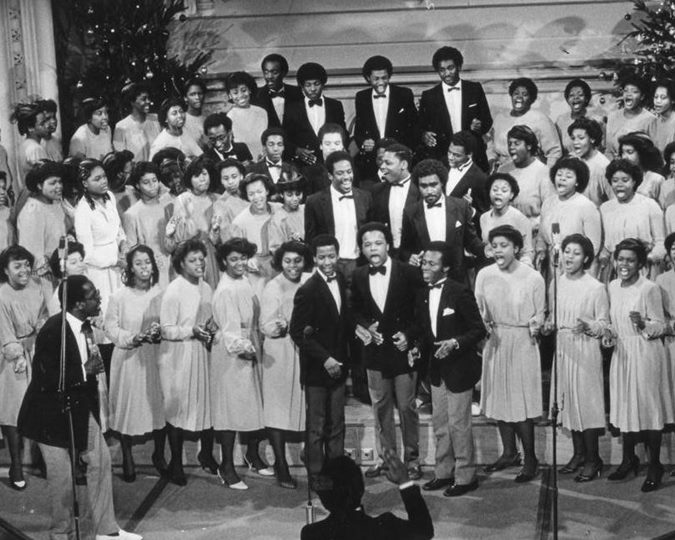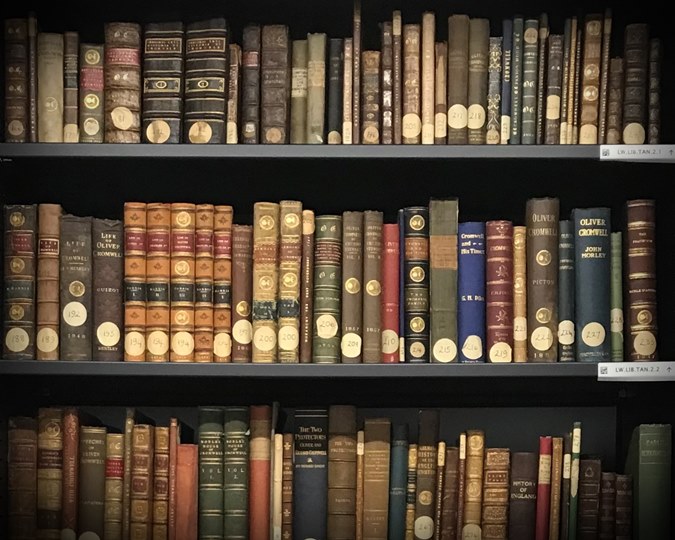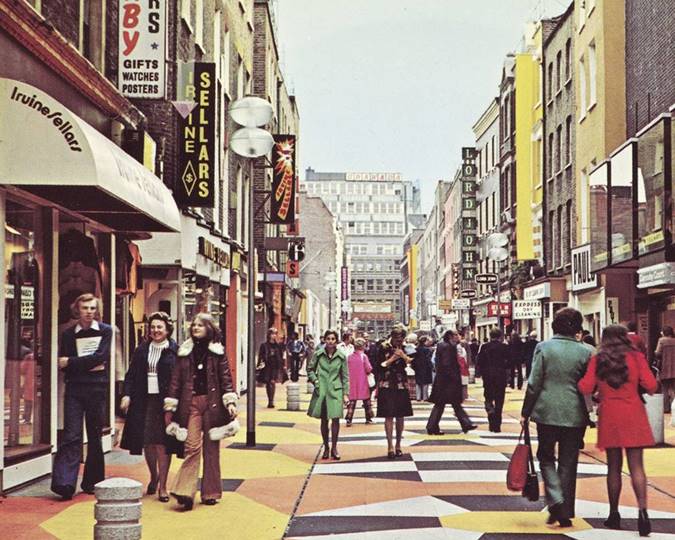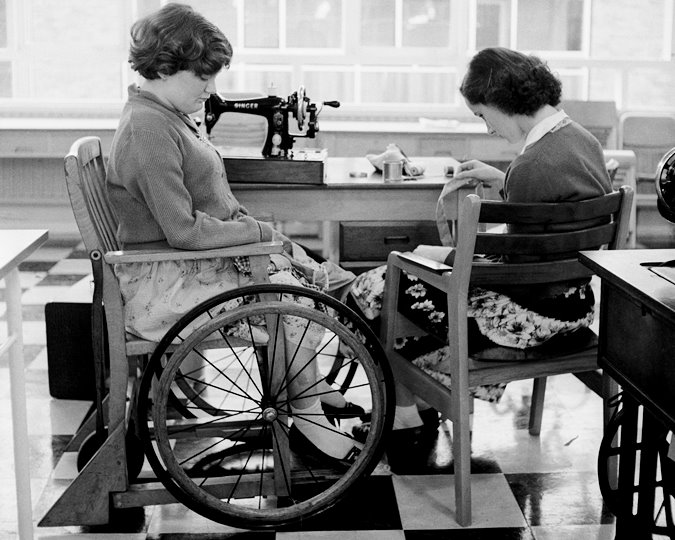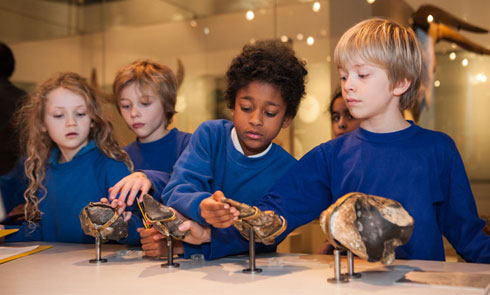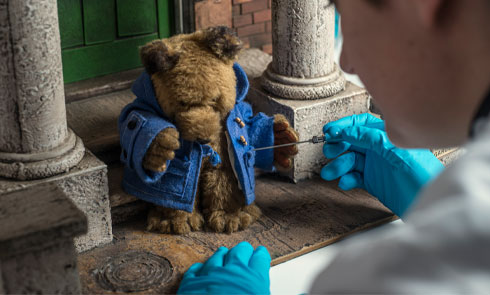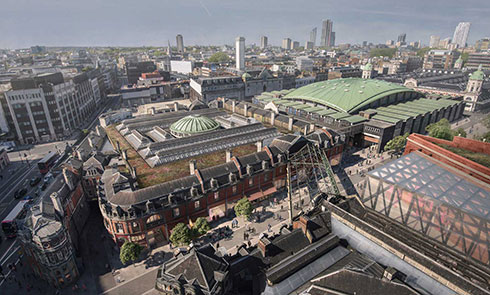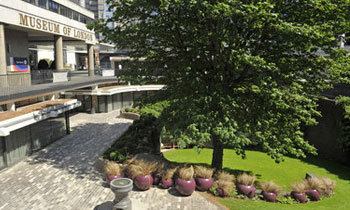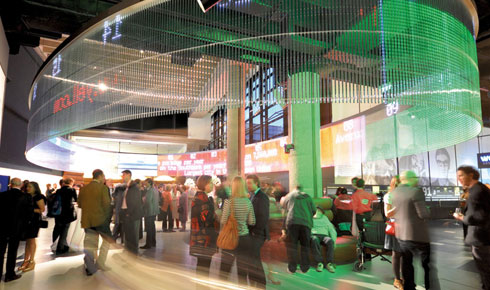Suppliers we work with
Find out how the museum purchases its goods and services
Our buyer profile
The Museum of London is:
- the Museum of London at London Wall
- the Museum of London Docklands on West India Quay
- the London Archaeological Archive and Research Centre in Mortimer Wheeler House, Hackney.
We are registered with the Charity Commission and our charity number is 1139250.
We are funded by a variety of organisations and individuals. Our main funders are the City of London and the Greater London Authority.
As we are financed for the most part by local authorities in London, the museum is subject to both European Union (EU) Procurement Directives and the Public Contracts Regulations 2015.
European procurement legislation
All public sector contracts, no matter what their value within the European Union, are covered by a treaty which incorporates the free movement of goods and services and which prevent discrimination against firms on the grounds of nationality.
The principles of the treaty are backed up by a series of EU Procurement Directives. The Museum of London is subject to these directives.
European Union thresholds as at 1 January 2020
- Goods £189,330
- Services £189,330
- Works £4,733,252
UK procurement legislation
The Public Contracts Regulations 2015 regulate the purchasing by public sector bodies of contracts for goods, works or services. The regulations are designed to open up the EU's public procurement market to competition and to promote the free movement of goods and services within the EU.
Local rules
Procurement activities must also comply with the Museum of London’s financial regulations and procurement policy. These are the Museum of London’s own internal rules that govern its operations. The following details the procedures to follow subject to the total value of the contract.
Contracts of between £0.00 and £5,000
Minimum requirement: obtain one quotation
Although there is no need for formal competition, we are required to seek the best possible value for money.
Contracts worth between £5,001 and £15,000
Minimum requirement: obtain two quotations
We must obtain an alternative quote, or use a supplier available to the museum through a framework agreement.
This should be formal (eg written quotes, purchase orders/exchange of letters confirming terms and conditions). Ideally quotations, pitches and tenders should be submitted in an electronic format.
Goods and services worth between £15,001 and £50,000
Minimum requirement: obtain three quotations
This should be formal (eg written quotes, purchase orders/exchange of letters confirming terms and conditions etc). Ideally quotations/pitches/tenders should be submitted in electronic format
Works worth between £15,001 and £1 million
Minimum requirement: obtain three quotations
Good practice guidance suggests obtaining quotations from suppliers available through framework agreements. Following this process reduces potential risk to the museum.
EU thresholds
Goods and services – £50,001
Minimum requirement: obtain three formal tenders
The need for a full formal tendering process can be omitted by conducting a mini competition within available framework agreements. Following this process saves a lot of time and resources. It also reduces potential risk to the museum.
Works – £100,001
Minimum requirement: obtain three formal tenders
The need for a full formal tendering process can be omitted by conducting a mini competition within available framework agreements. Following this process saves a lot of time and resources. It also reduces potential risk to the museum.
Close to or over the EU thresholds
Minimum requirement: advertise contract in the Official Journal of the European Union (OJEU).
In accordance with EU Regulations, procurements which exceed certain values must be advertised in OJEU and the tender process must comply with the EU Procurement Directives.
The need for advertising in OJEU can be omitted by conducting a mini competition within available framework agreements. Following this process saves a lot of time and resources. It also reduces potential risk to the Museum.
Terms and Conditions of contract
If you received a purchase order from the Museum of London pursuant to the terms of a standing contract between you and the Museum of London, the terms of that contract shall apply.
Where no such contract exists, in accepting the order you agree that the sole terms and conditions to the order shall be as per the Conditions of Purchase (Goods and Services) by the Museum of London (PDF, 496KB).
Contact us
Please do not hesitate to contact a museum procurement advisor with queries and comments.
email: [email protected]
tel: 020 7814 5676

